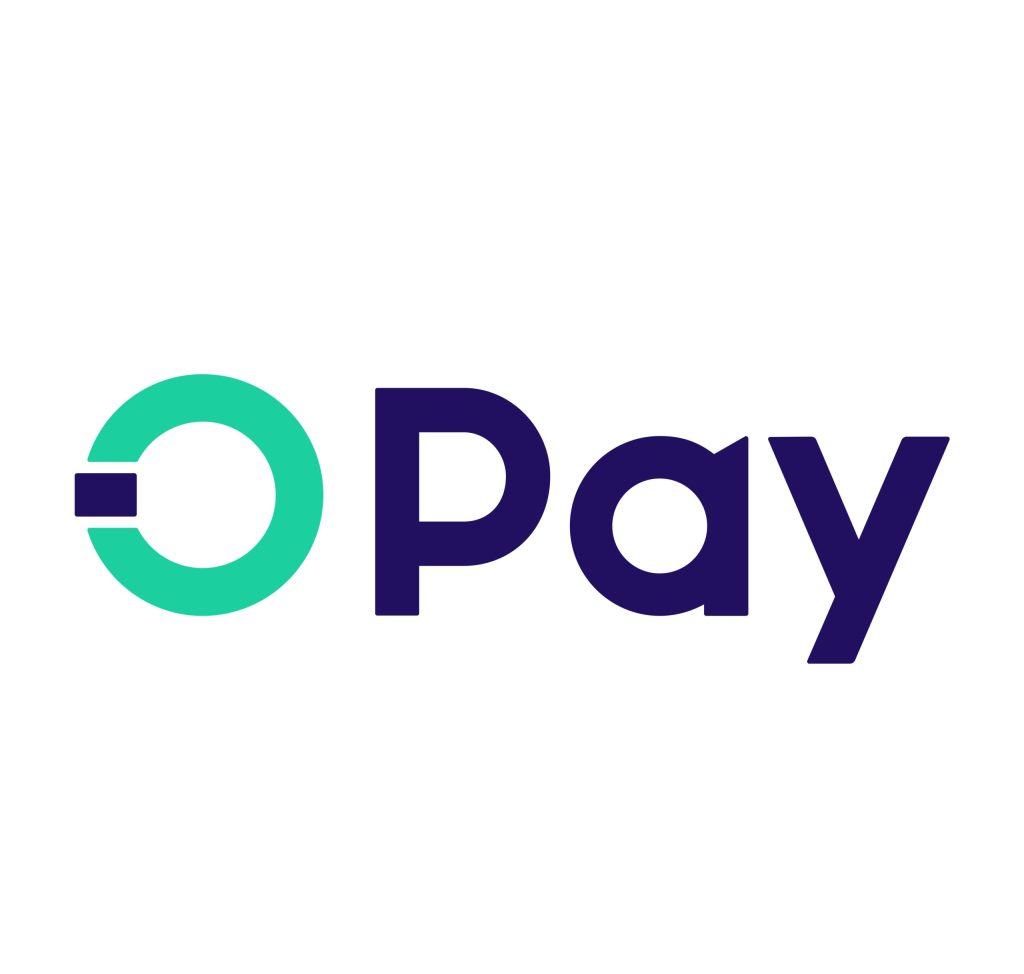Opay, a prominent Nigerian financial technology company founded by Chinese billionaire Yahui Zhou in 2018, has gained significant traction in the fintech sector and stands as one of Nigeria’s largest mobile money service providers. Notably, Opay has adopted a lenient registration approach, simplifying the onboarding process for users, particularly those without existing bank accounts. This strategy involves the removal of stringent identity verification requirements, allowing users to join with minimal scrutiny. However, the absence of thorough verification has become a source of concern for both individuals and authorities, given the escalating incidents of financial fraud in the country.
Opay’s marketing focus revolves around extending banking services to a broader audience, emphasizing inclusivity by facilitating account creation without imposing mandatory verification procedures such as the Bank Verification Number (BVN), which is obligatory in conventional banks in Nigeria. Although this streamlined registration enables quick user acquisition, it comes with the drawback of restricting access to certain features for users with limited verification.
The company employs a tier-based account system, ranging from tier 1 to tier 4, where increased verification unlocks additional features. Despite this tiered structure, concerns have been raised regarding the tier 1 verification process, as it allows new users to execute transactions within a mere 60 seconds of registration. Opay’s reliance on real-time facial verification for identity confirmation has faced criticism from KYC (know-your-customer) experts who argue that facial verification alone may not be sufficient if it does not align with BVN details. Some experts suggest that Opay should mandate the submission of a user’s BVN before facial verification.
Within the tier 1 account, users can deposit up to N300,000 and conduct transactions of up to N50,000. While these limits may seem reasonable, the potential for individuals to create multiple Opay accounts raises apprehensions. Multiple accounts empower users to engage in more transactions, creating opportunities for fraudulent activities.
In response to the growing concerns, the Central Bank of Nigeria (CBN) issued a cautionary notice in December 2023, urging fintech companies to enhance their KYC processes and deactivate accounts lacking a BVN or National Identification Number (NIN). Firms operating in the financial services sector are required to implement these stricter measures by the April 2024 deadline set by the CBN to curb the vulnerabilities associated with weak verification processes.

